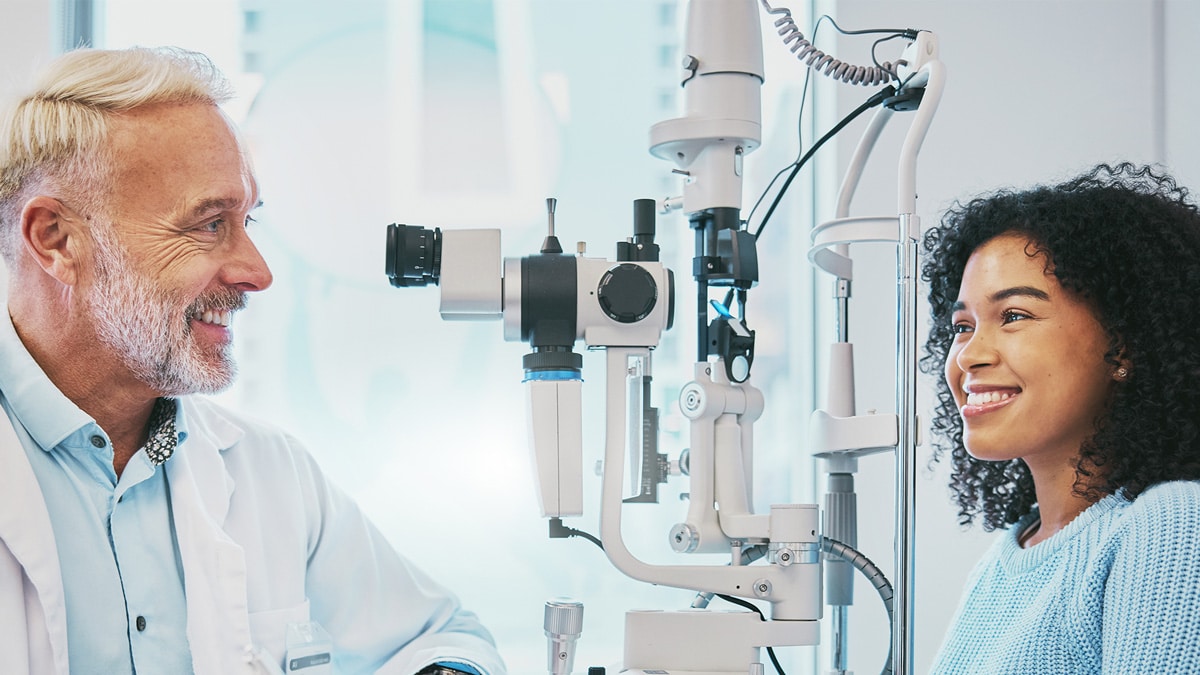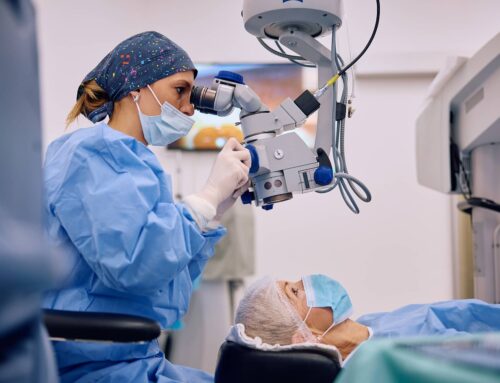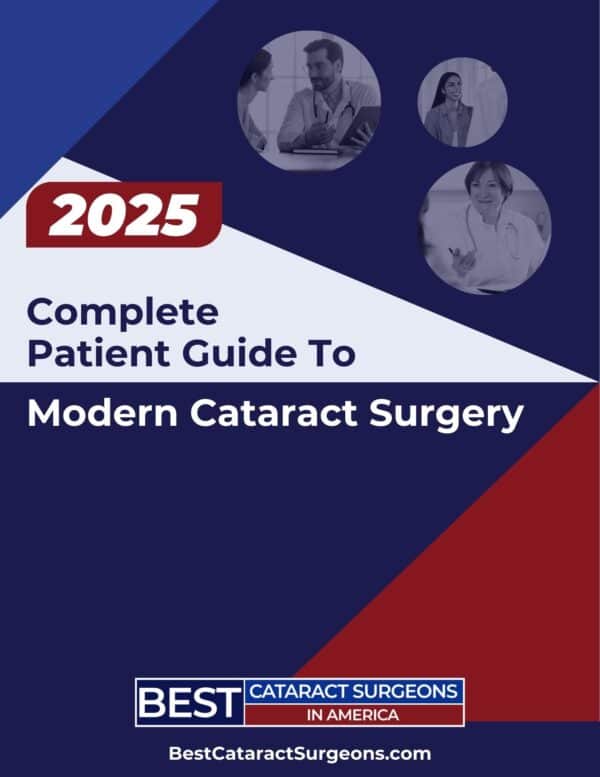When vision becomes clouded, night driving grows difficult, or glare hampers daily activities, many adults search for a lasting solution. Two advanced procedures, cataract surgery and lens replacement surgery, have helped millions reclaim sharp, vibrant sight and greater independence. But what sets these surgeries apart, and which suits your needs? At Best Cataract Surgeons, we aim to provide trusted, doctor-led education and connect you with the nation’s top cataract surgeons for the best possible care. In this guide, we’ll clarify the differences between cataract surgery and lens replacement, explain the role of intraocular lenses, and help you confidently take the next step toward clearer vision.
What Is Cataract Surgery & Who Is It For?
Cataract surgery is a highly effective procedure that restores sight by removing the eye’s clouded, natural lens and replacing it with a clear, artificial intraocular lens (IOL). This treatment is performed when cataracts cause blurred vision, glare, or difficulty seeing in low-light; all problems that can seriously impact your daily life. Cataracts usually start forming after age 40, but may not become apparent for several years.
Who’s It For?
Individuals with cataracts that are impacting daily life.
Insurance Coverage.
When basic cataract surgery is performed and a standard, non-premium lens, like a monofocal, is inserted to restore vision, the treatment is typically covered by insurance or Medicare.
During cataract surgery, an ophthalmologist removes the clouded lens under local anesthesia, through a minimally invasive technique called phacoemulsification, which takes less than 30 minutes per eye. Most patients experience little to no discomfort and can return to normal activities within days, with full visual recovery in about a month. With a success rate of 97%-99%, cataract surgery is one of the safest and most frequently performed surgeries worldwide.
The Role of Intraocular Lenses (IOLs) in Your Vision Restoration
The success of cataract surgery and lens replacement surgery relies on selecting and implanting the right intraocular lens that restores or enhances your vision. Today’s IOLs are highly customizable, offering a range of options to meet individual needs:
- Monofocal IOLs. These provide a clear vision at one distance (usually far), are the most common, and are covered by insurance.
- Multifocal IOLs. These allow clear vision at multiple distances, reducing dependence on glasses for near and far tasks.
- Toric IOLs. These are for individuals needing astigmatism correction and sharper vision.
- Premium Lenses. These lenses offer extended depth-of-focus and post-surgical customization for personalized results (Light Adjustable Lenses – LAL).
After your consultation and approval for cataract surgery or lens replacement surgery, your surgeon will help you select the best IOL for your lifestyle, eye health, and vision goals. Read more about particular IOLs in our Best Lens Implant for Cataract Surgery guide.
Cataract Surgery vs. Lens Replacement Surgery – Key Differences
While cataract surgery and lens replacement surgery look the same on the surface, some key distinctions set them apart:
| Feature | Cataract Surgery | Lens Replacement (RLE) |
| Main Purpose | Replace cloudy lens (Cataract) | Elective vision correction |
| Patient Profile | Impaired by cataracts | Wants less reliance on glasses/contacts |
| Outcome | Removes cataracts and restores vision | Reduces refractive errors; prevents cataract formation |
| IOL Options | Monofocal, multifocal, toric, and premium lenses | |
| Insurance Coverage | Typically covered | Typically not covered |
FAQ
1. Will I Still Need Glasses After Surgery?
- Premium IOLs can greatly reduce dependence on glasses, but some patients may still need them for certain tasks.
2. Do Replacement Lenses Feel Different?
- No, IOLs are designed to be undetectable and become a permanent part of your eye.
3. How Long Do Intraocular Lens Implants Last?
- IOLs are made to last a lifetime, with rare adjustment cases.
4. How Soon Will I See Results?
- Most patients notice clearer vision within days, with continued improvement over several weeks.
Find the Best Cataract Surgeon Near You Today
Choosing the right surgeon is the most important step toward achieving your best possible vision. At Best Cataract Surgeons, we connect you with nationally recognized, highly experienced cataract surgeons using the latest technology and offer a full range of intraocular lens options. Don’t wait to see the world again; book your consultation through our directory to find a top-rated cataract surgeon in your area.











